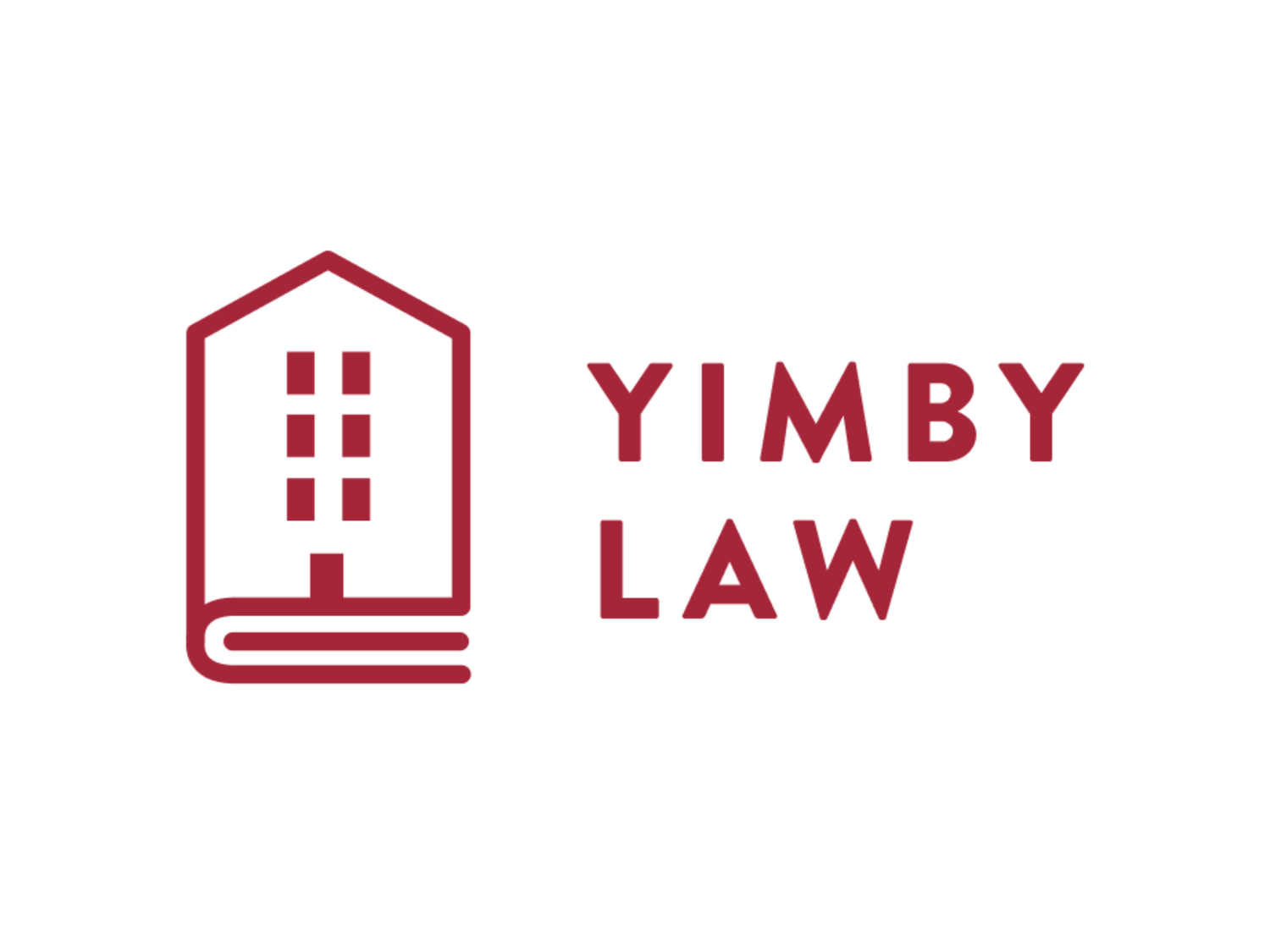Press Release: YIMBY Law Moves To Intervene in Manhattan Beach Lawsuit - Argues 79 New Homes Must Be Approved
/Contact: Jae Garner
San Francisco, CA— YIMBY Law has moved to intervene in a lawsuit on behalf of the City of Manhattan Beach to ensure 79 homes are approved and the city’s housing plan is implemented. The intervention aims to strengthen the legitimacy of statewide housing elements, or housing plans, that local jurisdictions complete every eight years.
The lawsuit challenges the Highrose El Porto/Verandas Project, which is included in the city’s housing element as a pipeline project. Plaintiffs claim the project is subjected to the California Environmental Quality Act (CEQA), despite its status as a pipeline project which by law exempts the project from this process.
“YIMBY Law is stepping in because the successful implementation of housing elements is crucial for ending California’s housing shortage and affordability crisis,” said Jae Garner, communications director at YIMBY Law. “What good is a housing plan if it’s not implemented?”
YIMBY Law cites the combination of a Manhattan Beach city ordinance and California state housing law as reasons the project must be approved. The city ordinance allows any project that uses a state density bonus to be built by-right, meaning it does not require discretionary review before it is approved. Under California law, by-right projects are exempt from CEQA. Because this project uses a density bonus, it must be allowed to be built by-right, YIMBY Law argues.
When the Manhattan Beach City Council attempted to block the project in October 2022, the California Department of Housing and Community Development (HCD) notified the city that they were in violation of state housing law and that the homes must be approved. YIMBY Law, along with two allied pro-housing nonprofits, also sent the city a warning letter. Manhattan Beach then reversed course to allow the project to move forward. But the project is now stalled due to a February 21, 2023 lawsuit filed by “Chill the Build,” which aims to thwart the development. YIMBY Law and Californians for Homeownership requested consent to intervene on March 28th, 2023 and was not permitted to do so by Chill the Build. YIMBY Law has since formally moved to intervene. The intervention hearing will be held on Thursday, September 14th.
This intervention would mark YIMBY Law’s seventh lawsuit filed in 2023. YIMBY Law will continue to monitor city and county behavior to ensure housing element compliance and implementation across the state, with the support of over 600 volunteer watchdogs.
“Housing elements are plans, not dreams” said Sonja Trauss, executive director of YIMBY Law. “We’re here to make sure that Manhattan Beach and the rest of California doesn’t lose sight of these contracts between the state and local jurisdictions. They’re critical to overcoming our housing shortage.”

